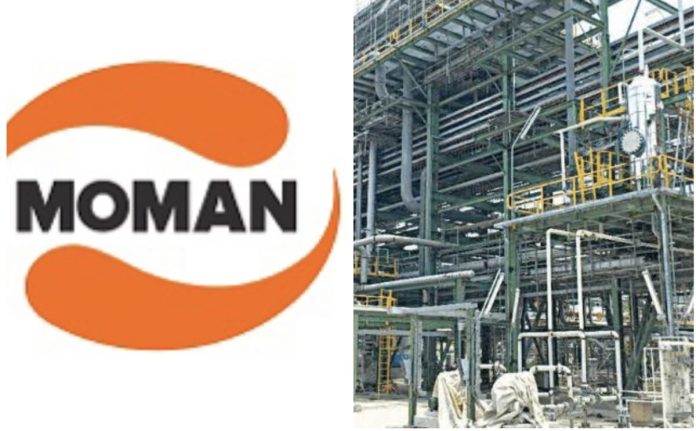Isong said that the size and location of the refinery would help manage price volatility and optimize logistic costs.
Clement Isong, Chief Executive Officer(CEO), of the Major Oil Marketers Association of Nigeria (MOMAN), says Dangote Refinery through its production and ancillary industries will contribute significantly to the nation’s economic growth.
Isong said this in an interview with the News Agency of Nigeria (NAN) on Sunday in Lagos.
Isong also said that the facility would help to reduce the cost of petrol, if the government ended up deregulating the commodity.
He said: “All Nigerians look forward to the future with the hope and conviction that this refinery will contribute significantly to the growth of the economy.
“This is through the production from the refinery and its ancillary industries.
“The fertilizer plant will impact our agriculture and provide indirect opportunities for the West African sub-region.
“The high-quality petroleum products, which meet Afri 6 standards, are excellent for health and environmental protection.”
Isong said that the size and location of the refinery would help manage price volatility and optimize logistic costs.
According to him, no doubt that such a massive undertaking would have been properly planned for efficiency in product evacuation and optimization.
“Competition, free markets, and private sector participation lead on their own to market efficiencies.
“Other refineries in the country will have to compete, and this is good for the consumers as well as the economy.
“They will compete in price, in product quality, and in customer service delivery,” Isong added.
NAN reports that Dangote Refinery, established by a business mogul, Alhaji Aliko Dangote, is scheduled to be inaugurated on May 22 by President Muhammadu Buhari.
The Dangote Refinery, the world’s largest single-train refinery will help boost the Federal Government’s efforts in ensuring Nigeria becomes self-sufficient in the local refining of crude oil.
The 650,000 barrels per day refinery will also help to save the scarce foreign exchange used in the importation of petroleum products.













